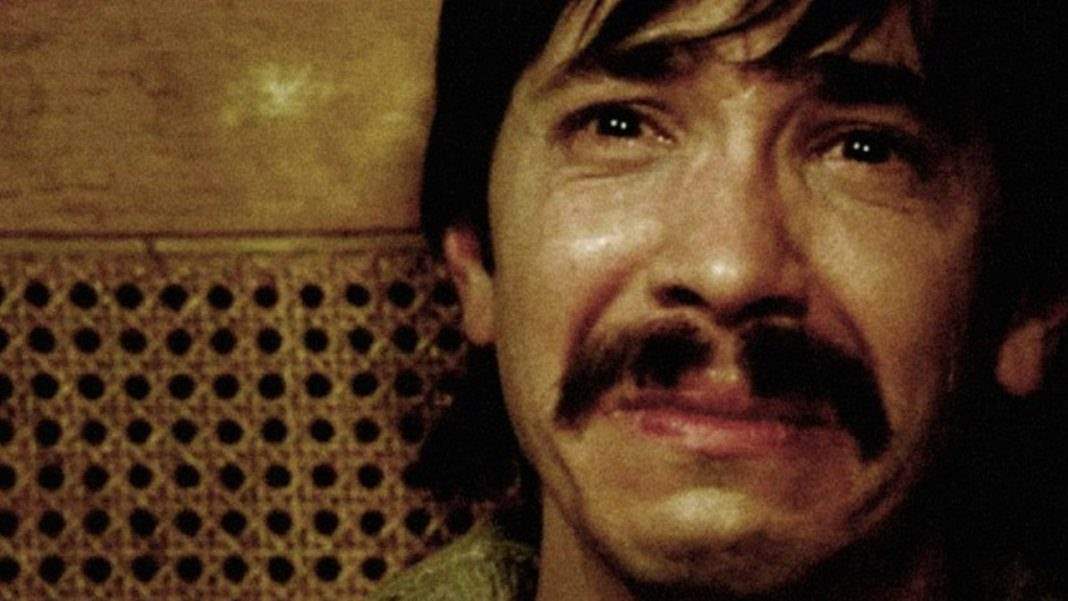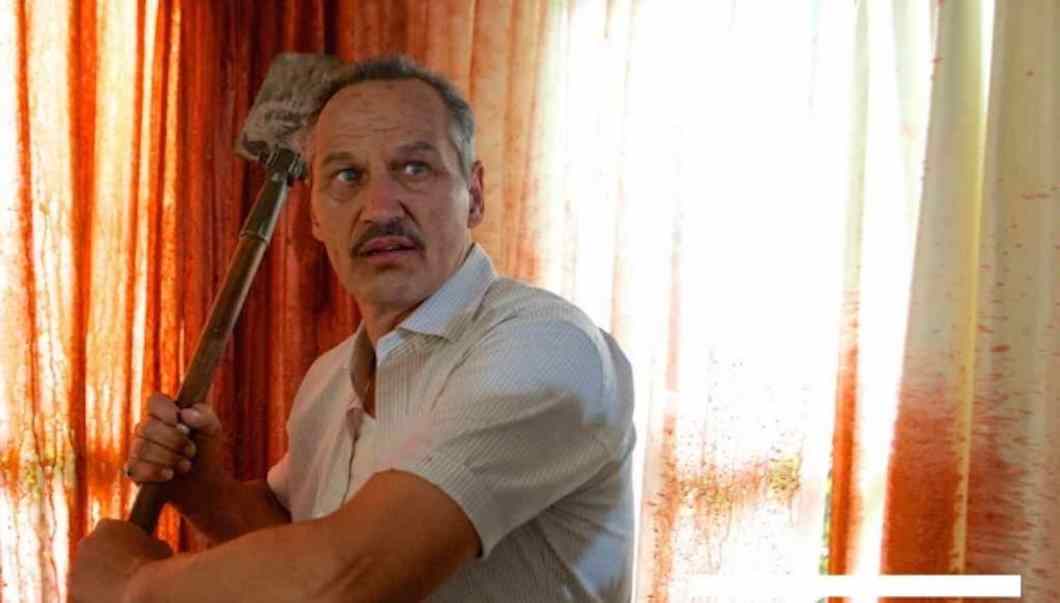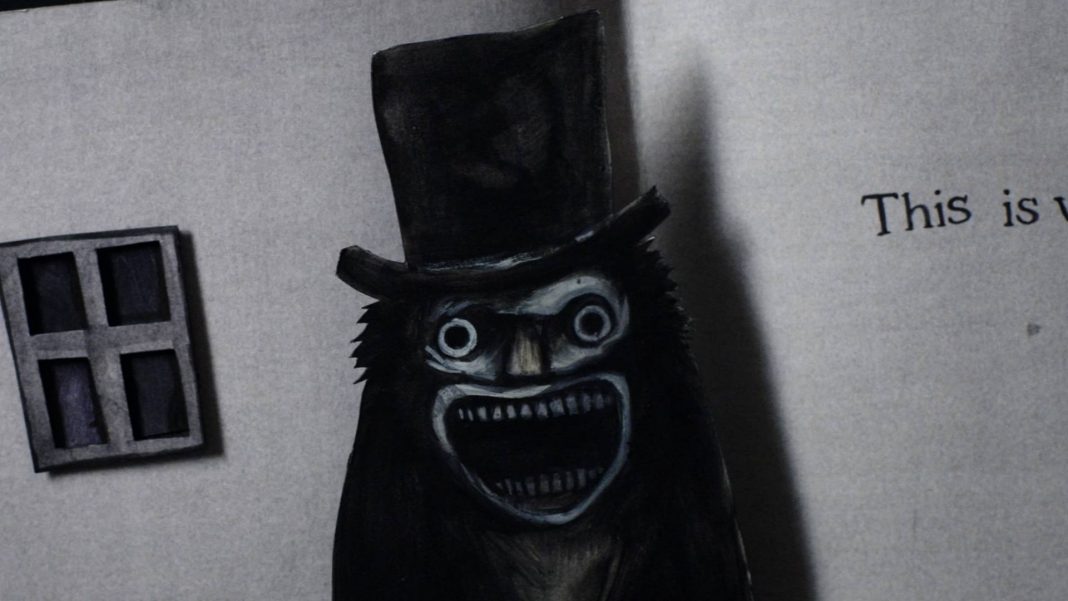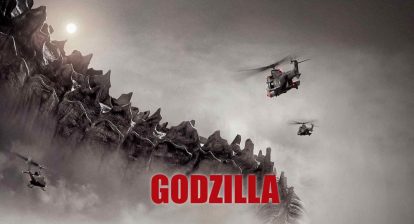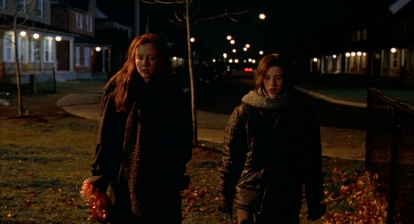This year surprised me in a lot of ways. Through the last decade, it was beginning to look like great horror movies were coming out during the odd-numbered years. 2003, 2005, 2007 and 2009 all offered an incredible output of movies. At first this appeared to carry into the current decade. 2013 was an amazing year for horror. It looked like there would be no topping it, and while I’m still not sure that this year did, the fact that it came close stunned me. It was a big year for non-traditional horror. Movies like Tusk and Horns took risks and embraced their differences. As a result, they divided audiences. But I tend to side with the riskier movies in general, so that impressed me.
The current trends still held on this year, of course. Ghost stories have shown no signs of slowing down or stopping. Found footage, however, has begun to slow. Just a bit, but that’s more than enough to make me wonder how much steam it has left. Movies like this all come down to content. There are so many ghost stories and found footage film that pictures from either category need to rely heavily on atmosphere, characterization and story in order to work. Happily, some of them pulled this off. With all of that in mind, here are my top five horror films of 2014.
Late Phases
It’s been a long time since the last great werewolf movie. In fact, the last two great werewolf movies were arguably Ginger Snaps and Dog Soldiers, and both of those were released at the dawn of the last decade. Late Phases proves that there is still plenty of life in the genre, especially after the oversaturation of vampire and zombie films in recent years. More than anything else, Late Phases works because it’s a good, character-driven story. It stars Nick Damici as a veteran nearing the end of his life, totally blind. He has nothing but his dog and a strained relationship with his son. When he realizes that there’s something evil at work in his retirement community, he decides he’s not going down without one last fight. The characters drive this one, but the practical werewolf effects are not to be discredited.
Kevin Smith’s first horror feature, Red State, divided audiences because it was very political in nature. His second, Tusk, divided audiences because it is very strange in nature. Obviously, it’s not a movie for everyone. It’s not really a movie for anyone. It’s a total exercise in bad taste, which makes perfect sense for a Kevin Smith film. Why wouldn’t we expect his horror films to be as irreverent as his comedies? At the same time, it’s a pretty straightforward body horror picture about a brutal transformation. There are even some uncomfortable questions at work, not the least of which is whether or not the character had this coming. For a movie about a man being turned into a walrus, it’s much better than anyone had any right to expect.

All Cheerleaders Die
Lucky McKee never disappoints, but All Cheerleaders Die is different from his normal output, particularly from his previous film, The Woman. It deals with the same themes of misogyny and feminism, but Cheerleaders is much more of a comedy. It’s very much Mean Girls set in the horror genre, which naturally only allows it to get meaner. For McKee, however, it was all old territory. All Cheerleaders Die is actually a remake of his first amateur movie with the budget and effects he couldn’t afford the first time around. It’s a bitingly funny and cruel look at high school and female relationships and continues to showcase McKee as one of the best filmmakers currently working in genre fare.

Horns
Joe Hill has become a name to watch in the horror genre, creating some incredibly dark novels that are very different from his father’s output. Horns is the first feature adaptation from one of Hill’s books and it works remarkably well. One can only hope that further films from his arsenal hold to this level of quality. Daniel Radcliffe shines in a very different role from the Harry Potter films that made him famous. The further he moves away from that series the more his acting range truly shows. The direction in Horns is also strong, which is refreshing. Alexandre Aja proved himself as a force to be reckoned with in the genre with his early films High Tension and The Hills Have Eyes. But for a few years, other than serving as the co-writer of the great Maniac remake, he hasn’t done anything with the same impact. Horns has reaffirmed what Aja is capable of as a filmmaker.
Ti West has become infamous from his slow-burn style of horror, starting with The House of the Devil. The Sacrament is perhaps his most successful film to date. It still builds to something but anyone remotely familiar with the Jonestown massacre knows exactly what it’s building toward. The Sacrament is a tightly directed film. There’s tension right at the start and it only builds as things get crazier, little by little. Luckily, it’s not simply successful because of the fact that it’s inspired by something awful that actually happened. This is a very well made film and is surprisingly–and refreshingly–cinematic for a found-footage movie. It’s an absolute must see if you have not yet checked it out.

